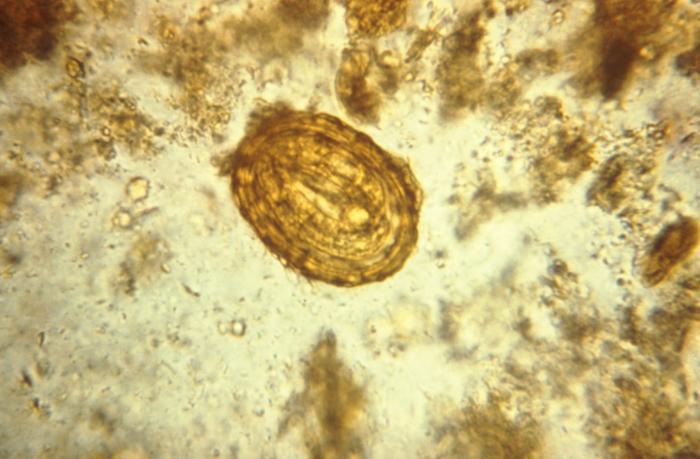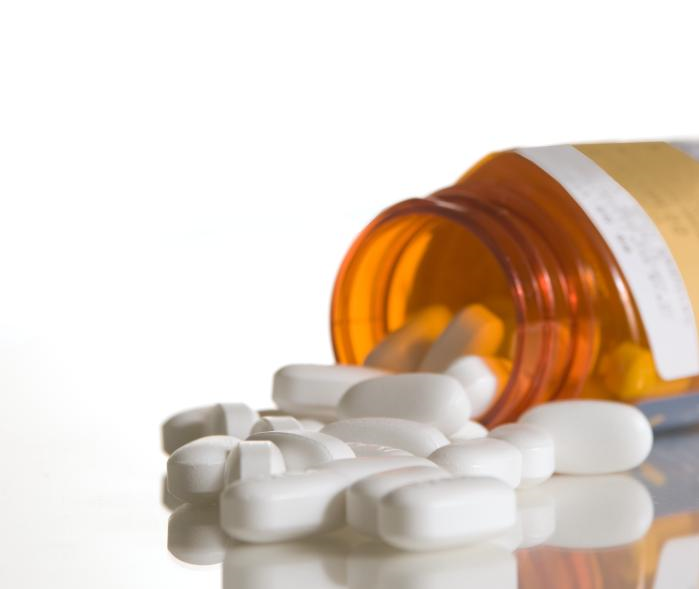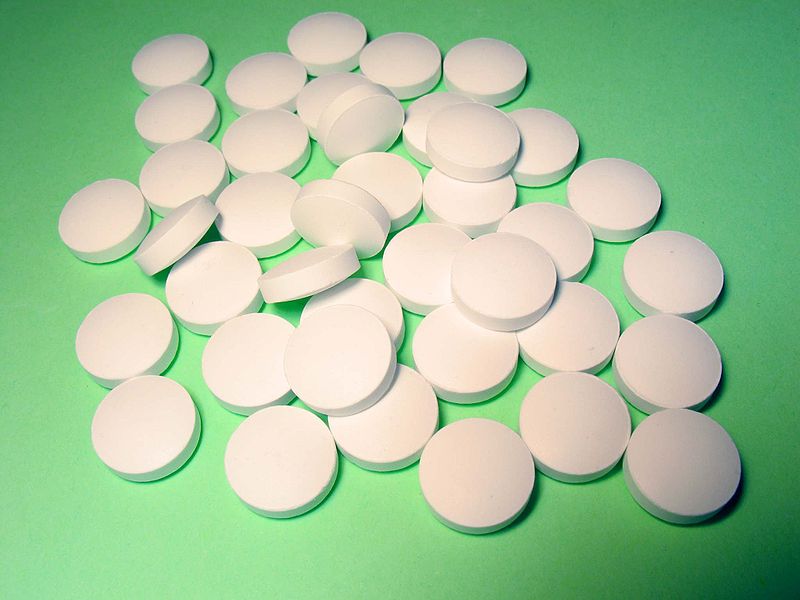Hypertension
WHO defines hypertension as:
“Level of systolic blood pressure more than 140 mmHg and diastolic blood pressure more than 90 mmHg, done by repeated measurements over a period of several weeks”.
Hypertension is a common disorder especially after middle age. It is an important risk factor for cardiovascular diseases (mortality and morbidity).
BP Scheme for Adults (in mm Hg)
Normal:
systolic BP <120 and diastolic BP <80
Pre hypertension:
SBP 120-139 or DBP 80-89
Stage 1 hypertension:
SBP 140-159 or DBP 90-99
Stage 2 hypertension:
SBP> 160 or DBP> 100
Predisposing factors
- Diabetes mellitus
- Renal diseases
- Hyperlipidemias
- Cardiovascular diseases
- Smoking
Types
1. Primary (Essential)
Most common, where non cause is known.
2. Secondary
Secondary to other diseases present in patient e.g. kidney diseases, heart diseases, pheochromocytoma.
BP = CO x PVR
Cardiac output and total peripheral resistance are controlled by moment to moment control.
There are four sites at which blood pressure is regulated:
- Arterioles
- Venules
- Heart
- Kidney
In addition, there is baroreceptor reflex system and control of blood pressure through rennin-angiotensin system.
Most of the drugs controlling blood pressure act at one of these sites.
- Some drugs act at arterioles causing dilatation, decreasing the after load.
- Drugs acting on venules cause decrease in preload.
- Drugs acting on heart decrease heart rate and cardiac output.
- Drugs acting on kidney decrease peripheral vascular resistance, decreasing water retention and blood volume.
Most of these drugs control blood pressure completely
Some drugs do cause postural hypotension e.g. alpha blockers and adrenergic neuron blockers.
Choice of drugs involves those interfering minimally with hemodynamic mechanism.
On prolonged use, increase in blood pressure due to reflex increase in sympathetic activity occurs. This is because of increase in noradrenaline and increase in renin. Thus antihypertensives are used in combination with diuretics and ACE inhibitors.
Treatment
Non Pharmacological
If increase in blood pressure is not very severe, one should go for non-pharmacological treatment, including:
- Restriction of salt intake
- Removal of stress from life
- Avoiding smoking
- Moderation in use of alcohol
- Regular exercise
- Taking less cholesterol in diet
Pharmacological
If blood pressure is not controlled, we have to go for drug treatment.
Classification
- Diuretics
- Sympathoplegics
- Calcium channel blockers
- Drugs acting on renin angiotensin system
i. Ace inhibitors
ii. Angiotensin receptor blockers
- Vasodilators
1. Diuretics
a. Thiazides & related agents
b. Loop diuretics
c. Potassium Sparing Diuretics
2. Sympathoplytics
a. Centrally sympathoplegics
- Methyldopa
- Clonidine
- Guanabenz
- Guanfacine
b. β-Adrenergic receptor antagonists
- Propranolol
- Metoprolol
- Atenolol
c. α-Adrenergic receptor antagonists
- Prazosin
- Terazosin
- Doxazosin
- Phenoxybenzamine
- Phentolamine
d. Alpha & Beta Blockers
e. Adrenergic Neuron Blockers
f. Ganglion Blocking Agents
- Trimetaphan
3. Calcium – Channel Blockers
a. Dihydropyridines
- Nifedipine
- Nicardipine
- Nimodipine
- Amlodipine
- Felodipine
- Isradipine
b. Phenylalkylamines
- Verapamil
c. Benzothiazepines
- Diltiazem
4. Drugs Acting On Renin Angiotensin System
a. Angiotensin Converting Enzyme (ACE) Inhibitors
b. Angiotensin II Receptor Blockers (Competitive antagonists)
- Losartan
- Valsartan
- Candesartan
- Eprosartan
- Irbesartan
- Telmisartan
5. Vasodilators
a. Arterial
b. Venodilators
- Nitroglycerine
c. Arterial and Venous
Continue Reading
Drugs Acting on Renin Angiotensin System
Browse all articles on Cardiovascular System
 howMed Know Yourself
howMed Know Yourself




